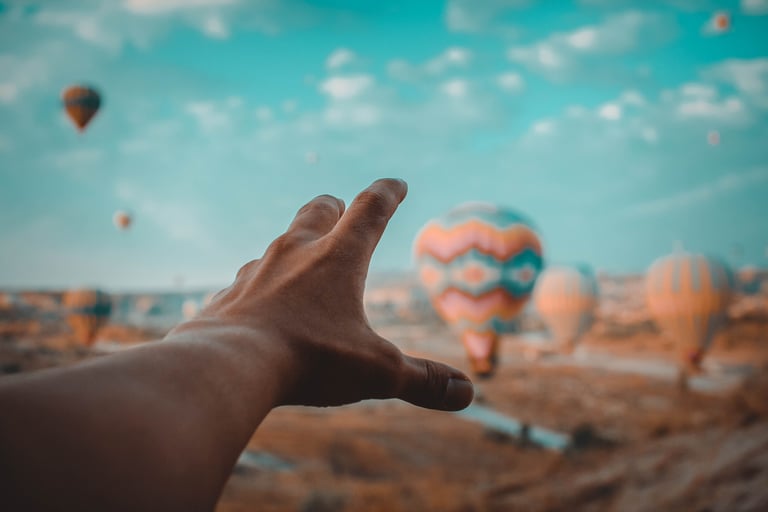Sweet dreams (are made of this)

03.05.2023

Dreams are a universal human experience, but something that we know surprisingly little about—William Raynar is on a mission to find out more
It seems ironic to be kept awake by the subject of dreams, but the night before writing this editorial, my mind was in overdrive.
We dedicate very little time to thinking about our dreams. Perhaps it's because we forget up to 90% of them shortly after waking. Notably, women tend to recall the content of their dreams more often than men. So much for gender equality!
We tend to spend around two hours dreaming each night, during which time we become directors of our own personalised films. In my dreams, I’m often James Bond attempting to kill a dictator in transit between Nice Airport and the Hôtel de Paris Monte-Carlo in Monaco (don’t ask).
For many years, it was unclear whether we dreamt in colour or grayscale. In the 1940s, studies showed that three-quarters of Americans rarely saw any colour in their dreams. Today, those numbers are reversed, indicating our exposure to colour film and TV has had a large impact on the ways our dreams are formed.
There are a host of great books, plays and films where dreams take centre stage; The Matrix, Alice in Wonderland, A Midsummer Night's Dream and Inception, where Leonardo DiCaprio plays a thief who uses dream-sharing technology to steal corporate secrets. As I discovered from a recent Cape Conversation with Professor Moran Cerf, this could soon become a reality!
More seriously, health is the new wealth; and health now means less sugar, intermittent fasting, a Mediterranean diet, personalised DNA monitoring (for those who can afford it) and more sleep. A third of adults worldwide have brief insomnia symptoms and some 10 percent of us have chronic insomnia. RAND Corporation estimates that sleep-deprived workers cost the American economy over $400 billion each year. The US Centre for Disease Control and Prevention (CDC) has officially classified sleep disorders as a public health epidemic.
Companies have answered the call, producing no end of sleeping pills, herbal teas, custom mattresses, CBD oils, eye massagers, pillow sprays, anti-snore devices, guided meditation apps and bed cooling systems (really). Globally, the ‘sleep economy’ is predicted to grow to US$585 billion by 2024.
Here are some questions you may (or may not) have asked yourself about dreams:
Q. Do people born blind dream in visual images? A. Not really. They compensate by experiencing more elements of sound, touch, taste, and smell.
Q. In what language do multilingual people dream? A. It depends on the people and settings that feature in the dream—I wonder if Cape’s ‘founding father’ Alex Vukajlovic often dreams in Serbian, Russian or English?
Q. What connects Thomas Jefferson, Albert Einstein, Thomas Edison, Mary Shelley and Paul McCartney? A. They all credit part of their ‘grand oeuvre’ to a dream.
At a time when the world is crying out for bold ideas and creative solutions, this got me thinking. Perhaps it's high time I invest in a quality eye mask and start a dream journal. Who knows what I may discover in the morning?